Manitoba post-secondary schools should track student suicides, experts say, but most don't
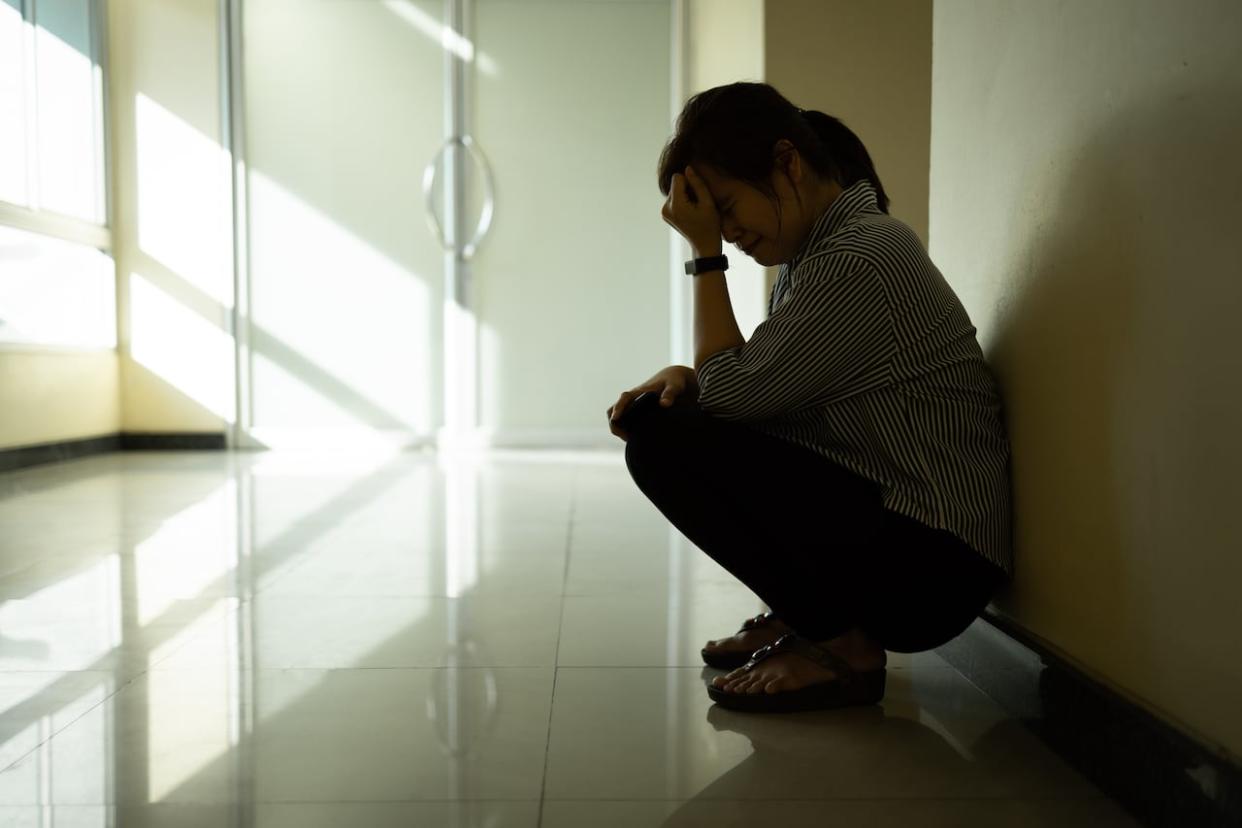
WARNING: This story contains discussion of suicide. If you or someone you know is struggling with thoughts of self-harm, see the end of this story for resources.
Inside Klinic Community Health's Sherbrook Street location in Winnipeg, counsellors answer calls from people in crisis and lend an ear to those experiencing suicidal thoughts.
Post-secondary students and youth call Klinic's suicide prevention and support line about cost of living and housing concerns, or feelings of despair and isolation, said Richelle Ready, Klinic's crisis support services manager.
"It doesn't surprise me that folks such as post-secondary students are struggling right now. The human experience is really challenging," she told CBC in a Wednesday interview.
Collecting data is important for finding out what kind of help people need and where, and for getting funding to shore up those supports, Ready said.
She thinks post-secondary institutions tracking deaths by suicide and suicide attempts among students would improve the schools' services.
But an exclusive CBC News investigation has found that more than 70 per cent of Canadian universities do not track suicides or attempted suicides among students.
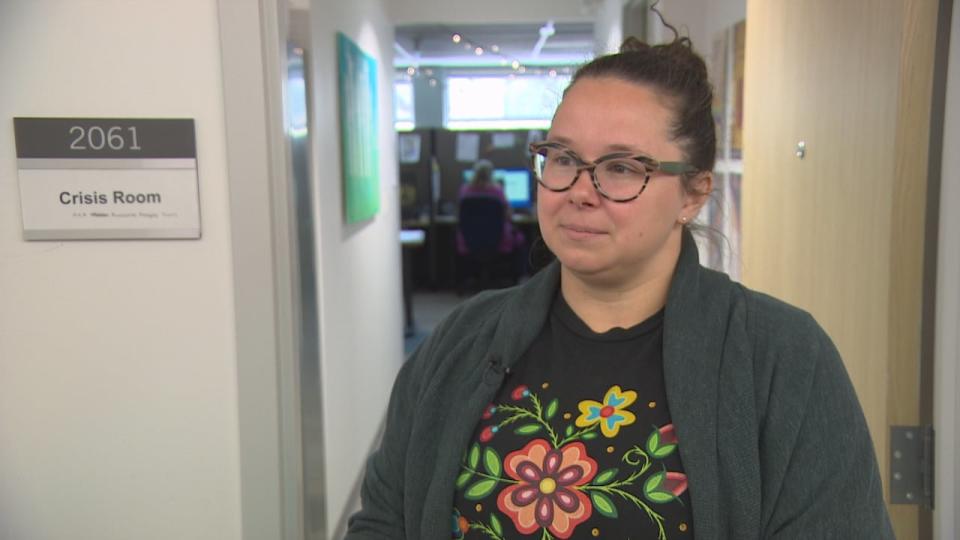
Richelle Ready, Klinic Community Health's crisis support services manager, says collecting data is important for finding out what kind of help people need, and where. (Justin Fraser/CBC)
CBC News asked seven of Manitoba's largest colleges and universities whether or not they do that sort of tracking.
Two said they track student deaths by suicide internally. Four said they did not track, and one school said it tracks on-campus medical events.
Suicide has been the second-leading cause of death among youth aged 15 to 24 since at least 2000, according to Statistics Canada. More than 2,500 people in that age group died by suicide between 2018 and 2022.
Last year, post-secondary students and youth accounted for a higher proportion of callers to Klinic's suicide prevention and support line than to the health centre's general crisis line, Ready said.
Klinic's suicide prevention and support line is anonymous and available all hours of the day. Although people don't have to disclose information if they don't want to, Klinic keeps track of how many calls it gets and what topics people call about, Ready said.
This informs how Klinic continues to offer help — for example, giving specific training to staff who can then help clients better, Ready said.
Collecting data on deaths by suicide and suicide attempts can help post-secondary institutions deliver better services for students, and may help develop tools that could potentially predict risk of suicide, said Zachary Kaminsky, an associate professor of University of Ottawa's faculty of medicine.
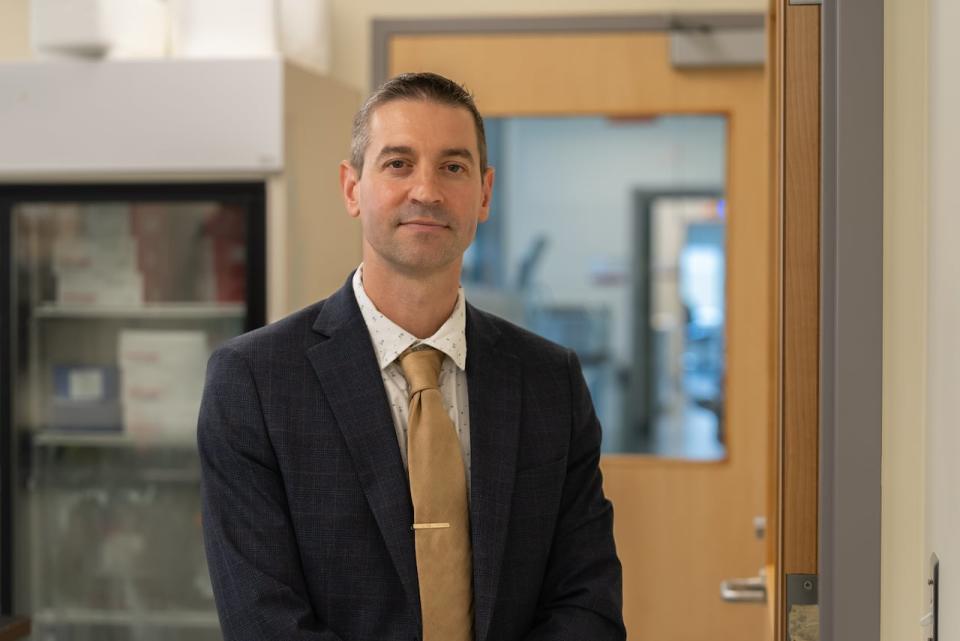
Zachary Kaminsky, chair of suicide prevention research at the Ottawa mental health hospital The Royal, says collecting data on student deaths by suicide and suicide attempts can help post-secondary institutions deliver better services and supports for students. (Marc Robichaud/CBC)
"If we don't track, then we can't act," said Kaminsky, who is also chair of suicide prevention at the Royal, a mental health hospital in Ottawa.
"If you're not paying attention to what's going on in terms of the mental health of your students, then you're not in a position to be able to try to improve that mental health."
Tracking destigmatizes mental health: CMU
In Manitoba, Canadian Mennonite University and the University of St. Boniface said they track student suicides on- and off-campus when they are made aware of them.
One CMU student died by suicide in 2018, and two USB students died in 2020, according to the schools.
CMU president Cheryl Pauls says school staff members also file incident reports when suicide attempts are disclosed to them.
That information, although not formally aggregated, helps the university become aware of students' concerns and co-ordinate resources to help them, and destigmatizes mental health concerns, Pauls said in an interview Thursday.
"Anything you pay attention to gets your attention and then you do something about it, so I would have a very strong call towards, yes, keep track of this," she said.
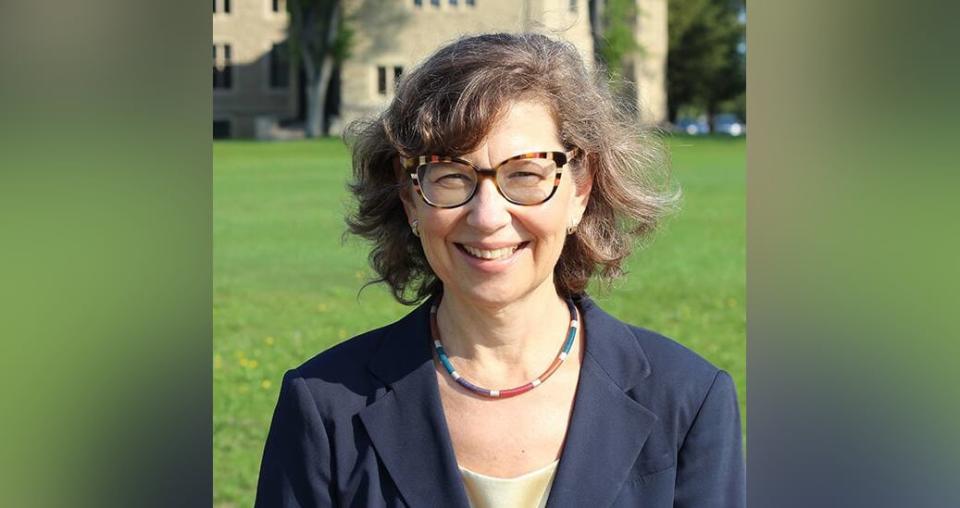
Canadian Mennonite University president Cheryl Pauls says school staff members file incident reports when suicide attempts are disclosed to them and track suicides. (Submitted by Cheryl Pauls)
University College of the North, which has campuses in The Pas and Thompson, also tracks student suicide attempts internally when they're disclosed to school staff, a spokesperson said in an email. However, the university does not track cause of death information.
Some institutions, including Red River College Polytechnic and the University of St. Boniface, told CBC News they don't compile data on suicide attempts. Some, including USB and Brandon University, said they don't collect or share certain information to respect private health information.
Several schools said mental health is a priority, and they provide counselling and other wellness supports.
The University of Manitoba said it collects feedback at its student counselling and wellness centres and does annual health and wellness surveys, on top of tracking "medical events broadly."
Ongoing supports key: Klinic director
Klinic's director of community health and wellness says the struggles of students, especially international students, are already well understood.
It's not only the cost of living and feelings of despair and isolation they face, but also the pressure of maintaining family expectations and grades, all of which can lead to suicidal ideation, said Haran Vijayanathan.
"I think if we can really talk about this as a health crisis, and that this is a choice that people do make but then give them options and support them … we'd actually curb this epidemic that we're facing right now," he said.
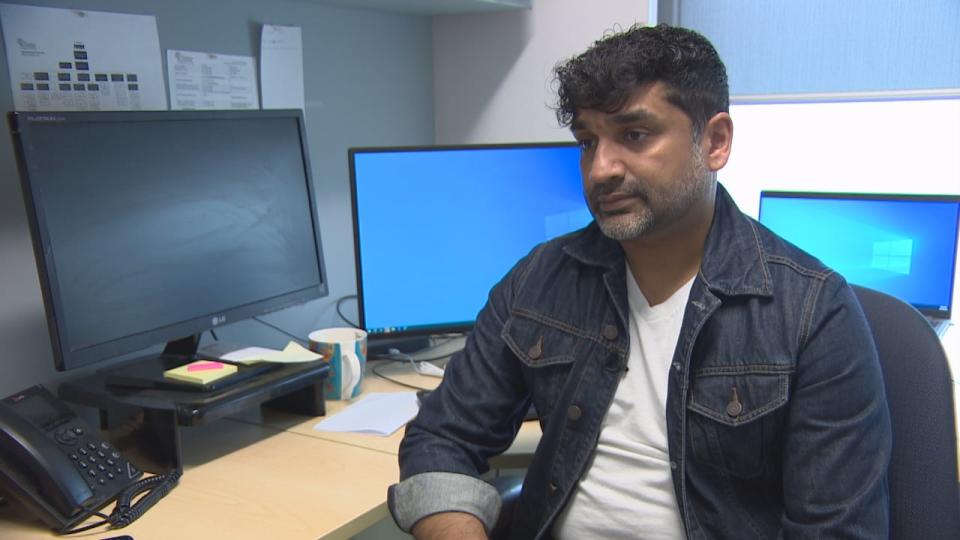
Haran Vijayanathan, Klinic Community Health’s director of community health and wellness, is on board with collecting data if it translates into services and tools, particularly culturally sensitive ones, along with funding. (Justin Fraser/CBC)
Klinic has a partnership with the University of Winnipeg, where the organization provides mental health and primary health care. Nearly 50 per cent of the care that is sought there is about mental health, Vijayanathan said.
Offering ongoing culturally relevant counselling and a range of mental health supports, along with reducing waits for that care, are some ways post-secondary institutions could close the gaps in care on and off campus, he said.
Vijayanathan is on board with collecting data if it translates into services and tools, particularly culturally sensitive ones, along with funding.
"If we're just going to collect data for the sake of collecting data and have it sit on a shelf, it's not of any use," he said.
CMU's Pauls says that university's data and information has helped shape things like mental health awareness week activities, and helped alert faculty to what they should look out for in their classrooms.
"Keep track of it, so that you shape your time and your messaging and your resources and your supports to work at this."
If you or someone you know is struggling with thoughts of self-harm, here's where to get help:

